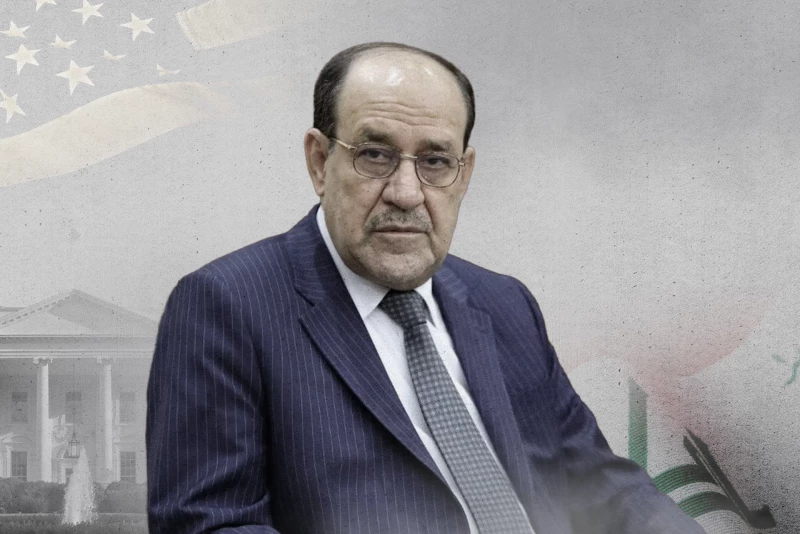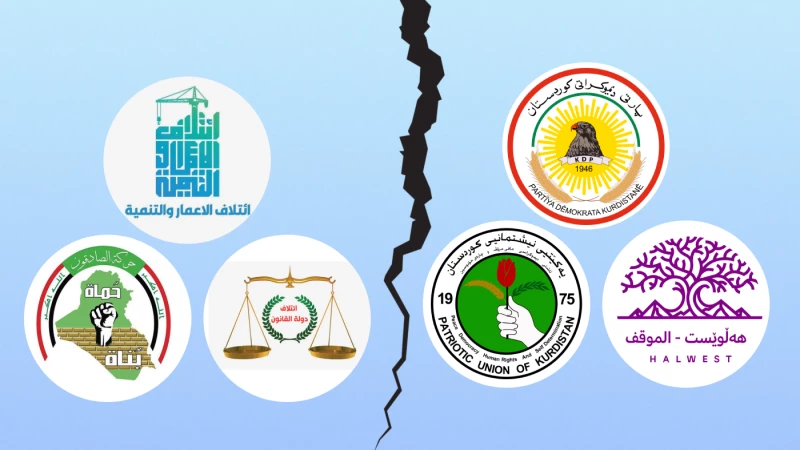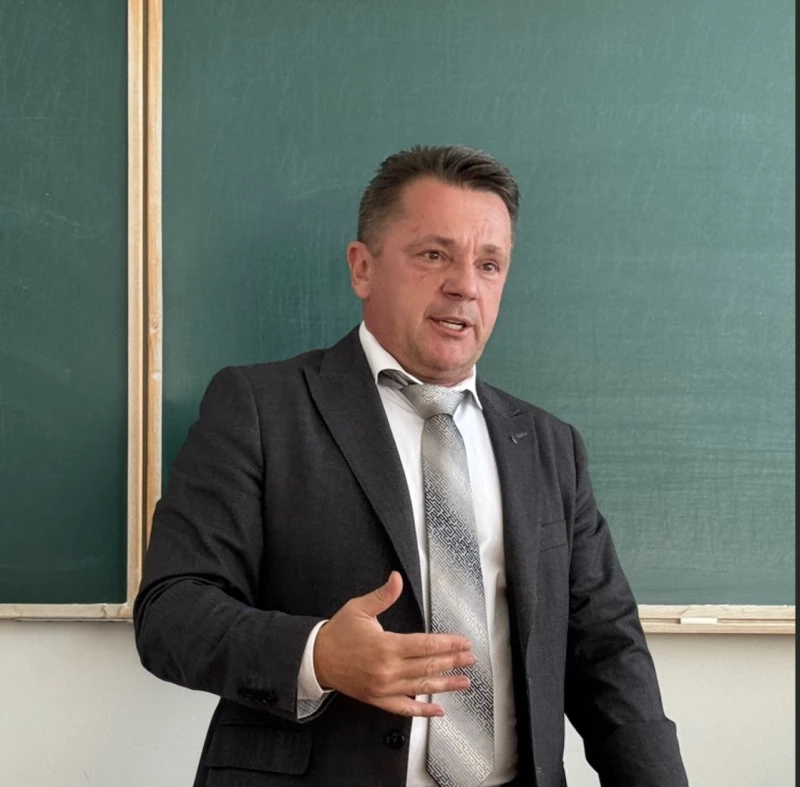Following a recent visit by U.S. Secretary of State Antony Blinken and a meeting with Iraqi Prime Minister Mohammed Shia’ al-Sudani, it was discovered that the U.S. has demanded the disarming and dismantling of Iraq’s militias. This should be good news as the existence of secular, religious, and tribal militias has been at the center of problems facing Iraq. The problem with getting rid of these groups is that their existence is embedded in Iraq’s contemporary culture. The next problem will be defining what is a militia and what is a segment of the Iraqi military.
The idea of disarming these groups is not new. Former Prime Minister Nouri al-Maliki asked political parties such as the Badr organization to dismantle their militias back in 2006. The most difficult of these now is the Popular Mobilization Forces. Officially part of the Iraqi Armed Forces and reporting directly to the Prime Minister, they are made up of different Shiite armed groups, many under the control of Iran. The PMF, however, became prominent in 2014 after the collapse of the Iraqi army in the face of attacks by ISIS. While much of the success fighting ISIS is credited to the Kurdish Peshmerga, the PMF became, in part, folk heroes to the Shiite population. This, in turn, led to concerns by the Sunni population, which demanded the government take tighter control and limitations be placed on these groups. Why now is Baghdad more receptive to the demands that militias be dismantled? As noted, many of the militias are under control or at least in part funded by Iran. With recent changes in the status of other Iranian-controlled groups such as Hamas and Hezbollah, as well as Iran having financial difficulties, which it appears will become worse in the future, it has become apparent that Iraq needs to reevaluate its position. In an interview with Iraqi state-run TV, Ibrahim al-Sumaidaie, an advisor to the PM, made the statement regarding militias such as al-Nujaba, an Iraqi Shite militia fighting on the side of Assad in Syria.
“To be honest, I think we must reevaluate the current situation. Iraq must no longer be linked to the 'axis of resistance' after the fall of Assad and Hezbollah in Lebanon. Today, we have a clear responsibility to tell our brothers in the factions to dissolve and to integrate into the political structure,” Sumaidaie said.
Once a decision is made to go ahead and dismantle these groups the question now becomes, how? The militias have sublimated the Iraqi military for years and the ability of the army to stand on its own must be in question. To that end, Blinken reassured Iraq that the U.S. would maintain its commitment to Iraqi security. At the same time, it was reported that the threat of force by Western powers to ensure that the militias are dismantled is being taken seriously by Baghdad. With a new administration coming into power in Washington and the incoming president pledging not to send troops to fight foreign wars, what is to be made of either the use of force to dismantle militias or the promise of maintaining security if they are dismantled?
This returns us to the question of what a militia is. Under the Iraqi constitution, regional governments are responsible for local security. The only truly autonomous region in Iraq is the Kurdistan Region in the north which has a long-established regional armed force, the Peshmerga. Will the current militias be formed into some type of reserve force or turned into a gendarmerie? If some of the militias refuse to give up their arms what can Bagdad do? The future security of Iraq may well be determined by the outcome of this issue.
The views expressed in this article are those of the writer and do not necessarily represent the position of The New Region

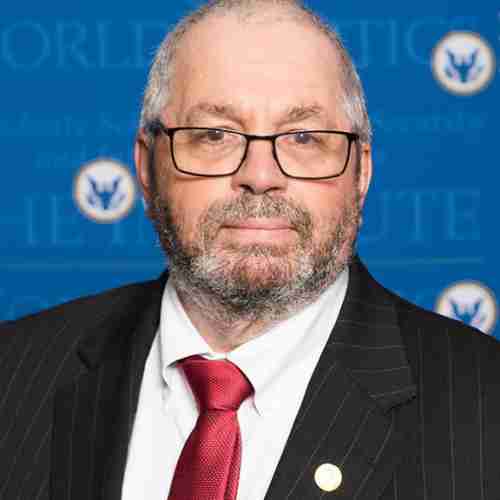
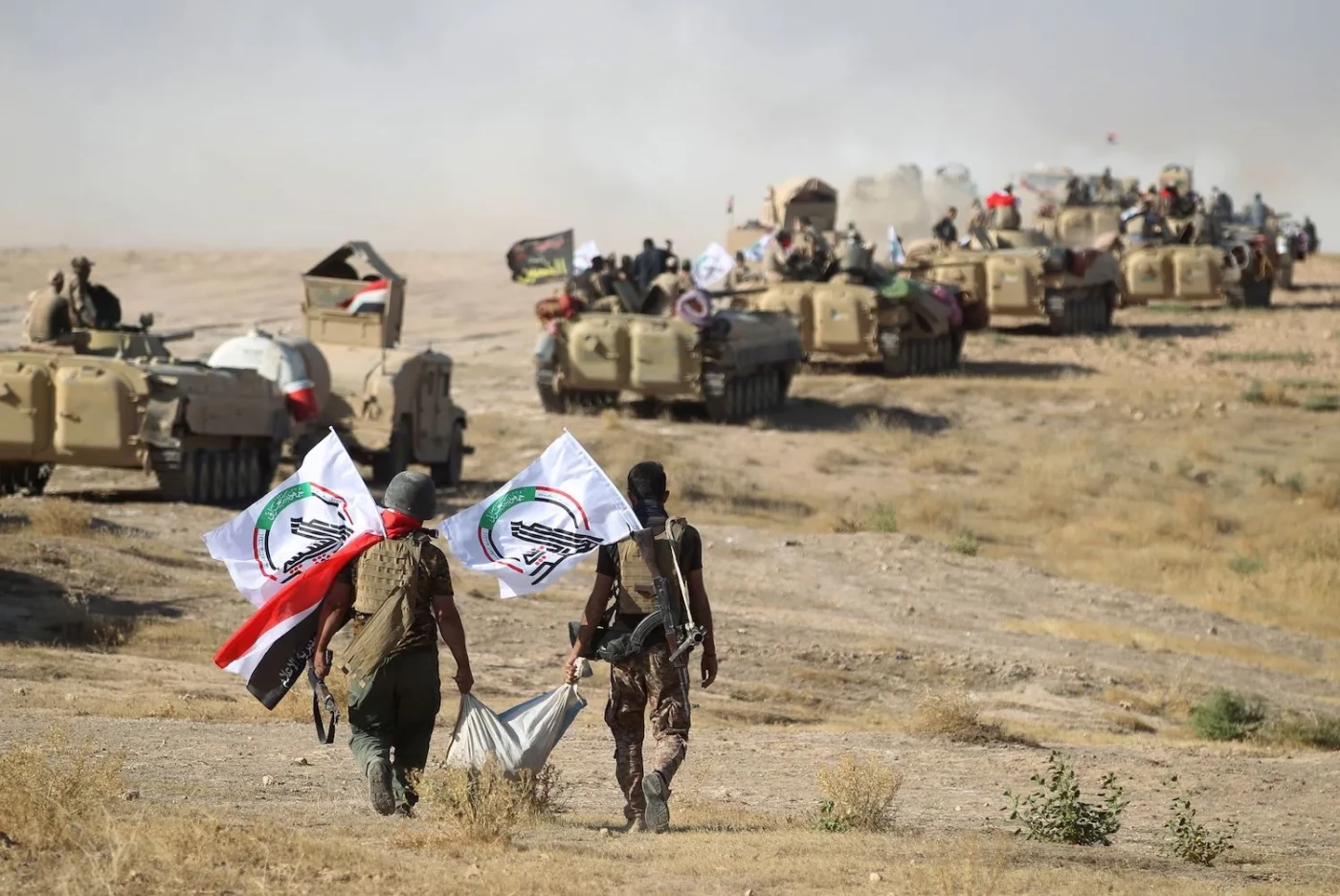
 Facebook
Facebook
 LinkedIn
LinkedIn
 Telegram
Telegram
 X
X
